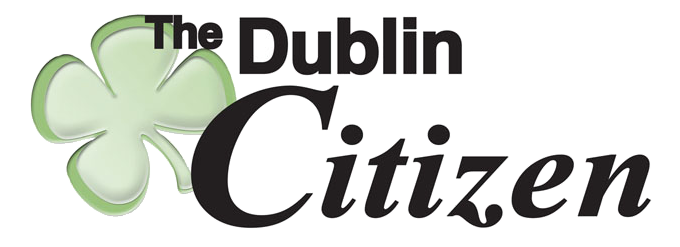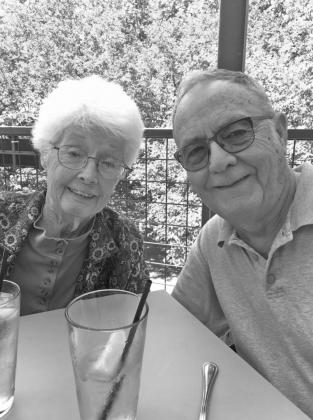Travis Carr
Travis Carr has always enjoyed tinkering. “I like building and working with mechanical things,” he said. That initial interest has led him in directions he never would have expected. Over a decades-long career in electrical engineering, Carr has put his skills to work building communication tools for the military and medical equipment for both NASA and public use.
Carr graduated in 1959, and started college at Tarleton to study electrical engineering. He and one other student, Roger Edmonds, were the only people studying electrical engineering at Tarleton, and when Edmonds changed his major, Tarleton decided to transfer Carr to A&M to finish out his degree. “I started Monday at Tarleton and by Friday I was all set up at A&M,” he said.
Carr graduated with his bachelor’s degree in 1963. Throughout his time at Tarleton and A&M he had been a part of the Reserve Officers Training Corps, or ROTC, and when he graduated Carr was recruited into the Army as a second lieutenant.
They sent him to Fort Sill Missile School in Oklahoma. “My job was to train the new soldiers how to use the computer for the Pershing Missile deployed at that time,” he said, “I would both teach classes and supervise the non-commissioned instructors in my group.”
While he was stationed there, Carr met his wife, Minnie, who was a teacher at the time. They two met at their church, and were married in 1964.
Soon after, Carr decided to go back to school at A&M to earn his masters degree, also in electrical engineering, and when he graduated for the second time he and Minnie moved to Florida.
Carr took a job with an aerospace engineering company there that contracted with the Air Force. “We were building communication gear for their satellite systems,” he said.
After two years in Florida, Carr wanted to explore the biomedical side of engineering — and be closer to family — so he took a job at a Houston company that later became part of Abbott Laboratories. During his first few years there, the company contracted with NASA, building blood pressure machines, sleep monitoring equipment, and EKGs for astronauts.
Also, in the early 70s he helped out on a project that established a television link between locations in Houston and New Mexico. “NASA’s idea was, ‘What do we do if we get somebody on the moon and they get sick and they need to talk to a specialist about how to handle it?’” he said. “So we set up what was basically a Zoom meeting back 40, 50 years ago.”
Later his focus shifted to the public sector where his group designed and marketed medical equipment for the hospital market. While there he also completed some course work at the Baylor College of Medicine.
Carr spent the next 30 years of his career working for Abbott Labs, and moved up through the ranks, eventually moving through a variety of engineering management positions. “I enjoyed building things, but I also enjoyed working with people and hiring good engineers,” he said.
Carr also had the opportunity to move around the country, from Chicago to Salt Lake City to the San Francisco Bay Area.
Carr retired in 2000. He and Minnie stayed in the San Francisco area until 2018 before moving to the Atlanta, Georgia suburbs to be closer to his family. Since his retirement, Carr has stayed active in his church, and enjoys woodworking and cooking.
He also spends time helping out his wife, who has a serious illness called scleroderma that affects her immune system. While in California, the couple helped lead a support group that helps others deal with the disease.
After the worst of the pandemic is over and the Carrs receive their coronavirus vaccines, the couple hopes to take more day trips and see relatives. “We haven’t traveled in a year, so probably the next trip we’ll do is we’ll try to make that swing back to Texas and visit relatives,” he said. “Then we probably do some more day trips around here. We’re in Atlanta up in the northwest quadrant of Georgia and we’re real close to the Appalachians, so we’d like to get up to the mountains a little bit and check that out.”
The Carrs have two sons in the Atlanta area. Kenneth, the oldest, works for a company that supports the countertop industry, and Steven is a mechanical engineer at a company that provides hardware and equipment for industry and military clients.
Throughout his life, Carr has drawn inspiration from his faith. “The direction of God and the Holy Spirit have helped me get through times of trial and keep my head on straight,” he said.
To Dublin graduates, Carr offers the following advice: “Work hard, learn how to work with people, and make the most of opportunities as they arise,” he said. “Earn your living and don’t expect it to be given to you.”
Editor’s Note: This column chronicles what Dublin graduates have done since high school. If you have any suggestions for other graduates, email publisher@dublincitizen.com.

